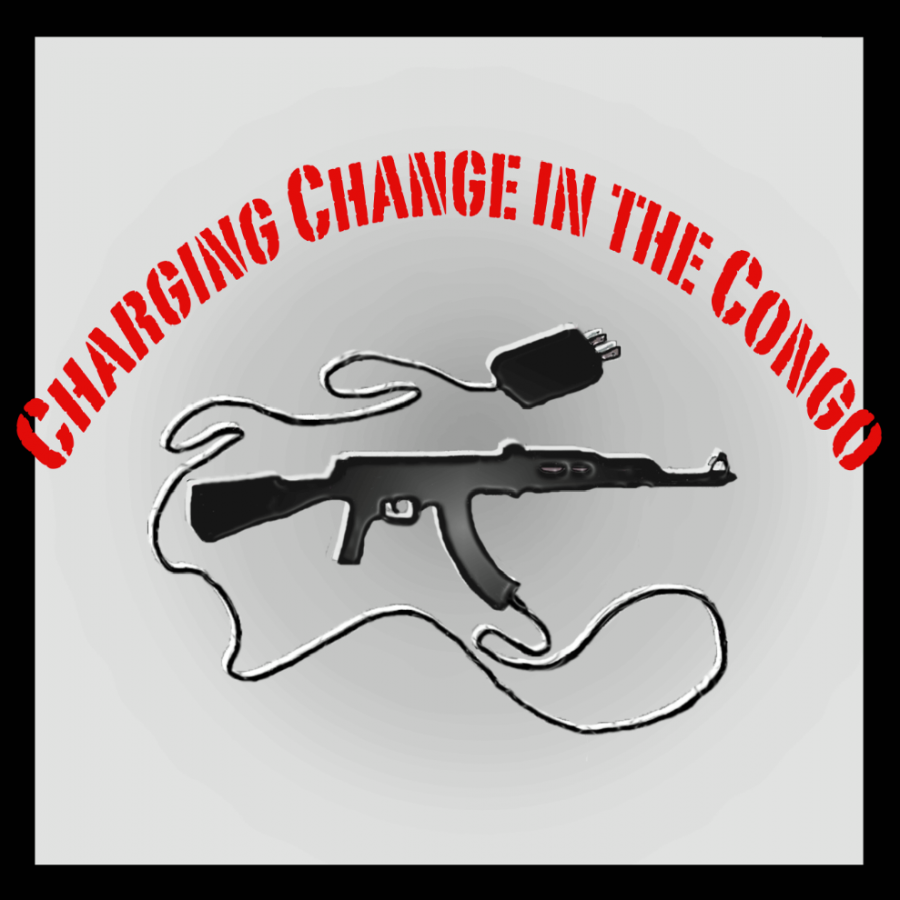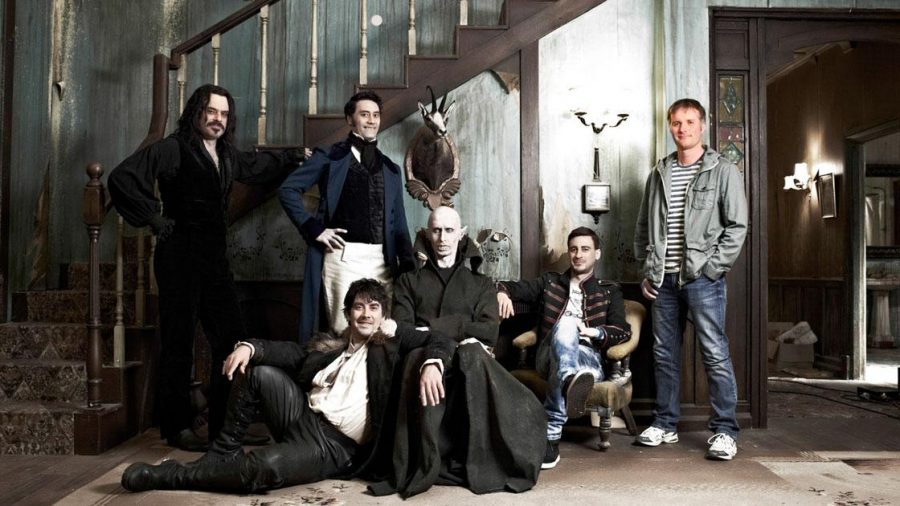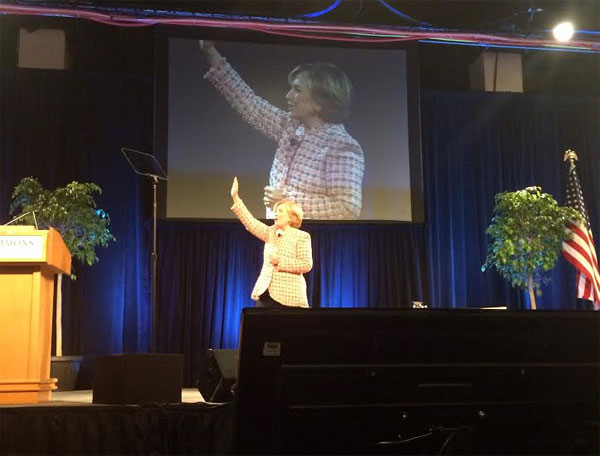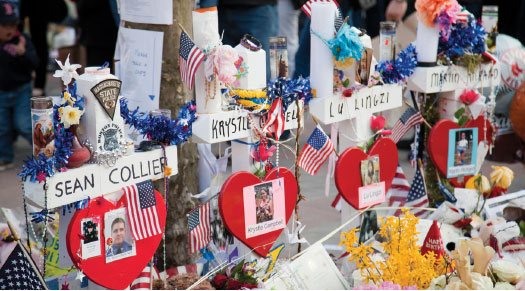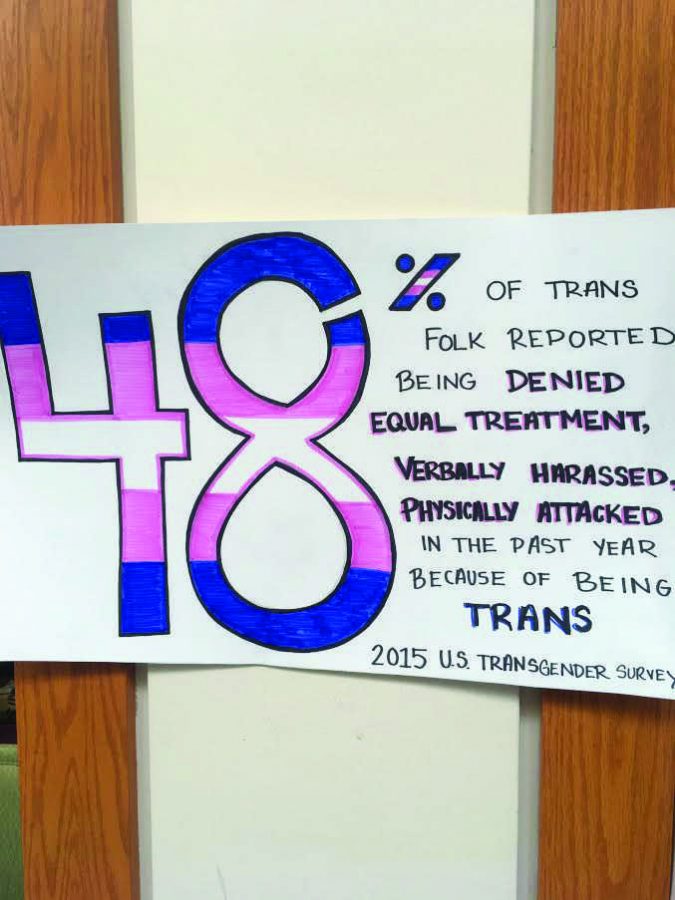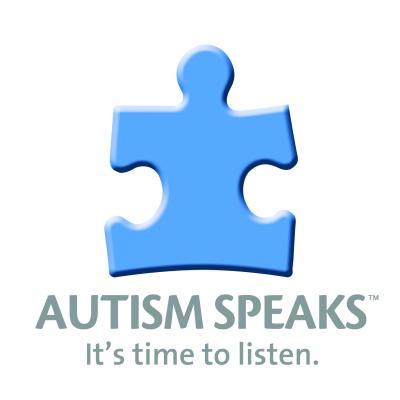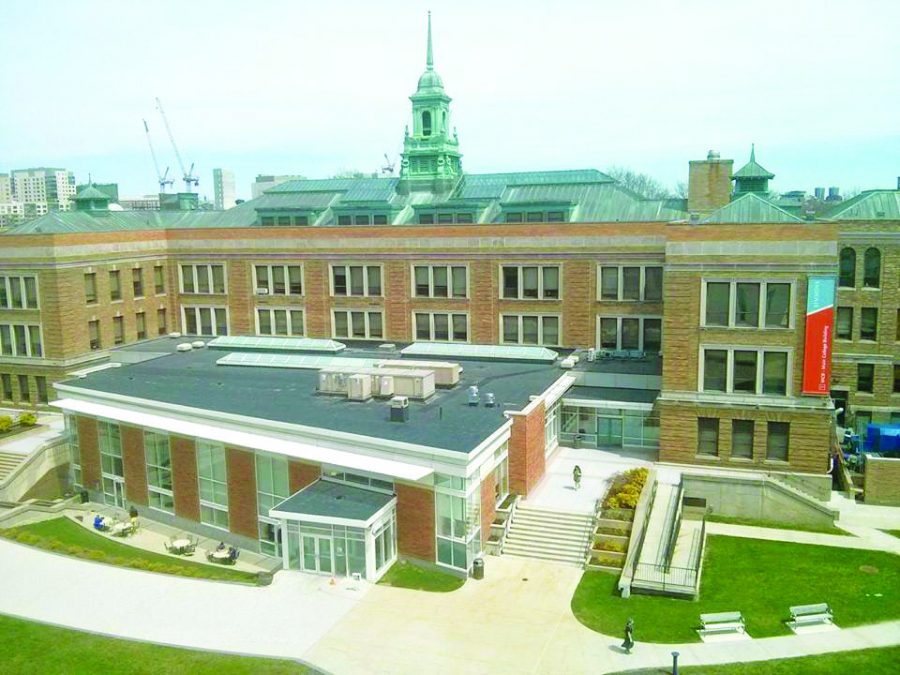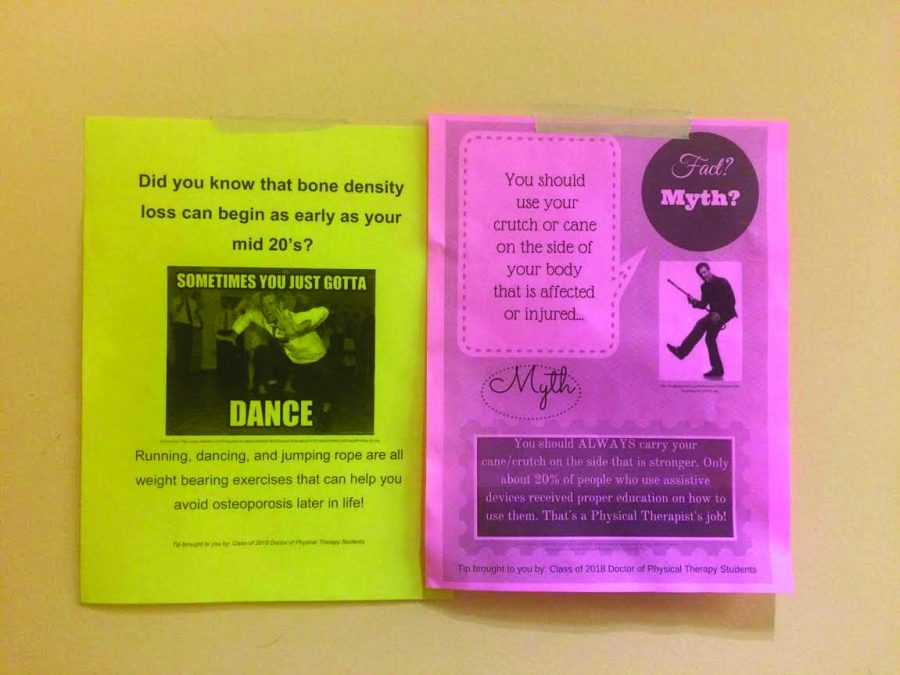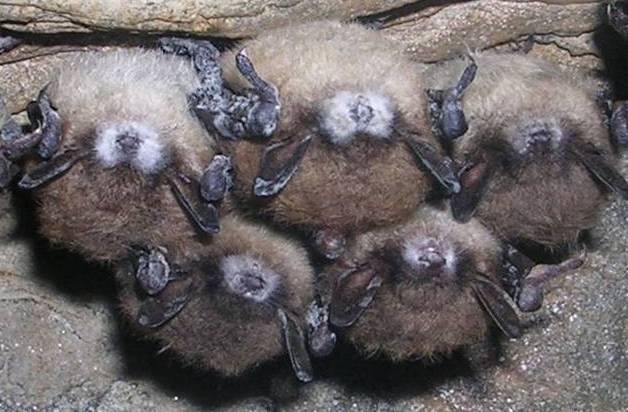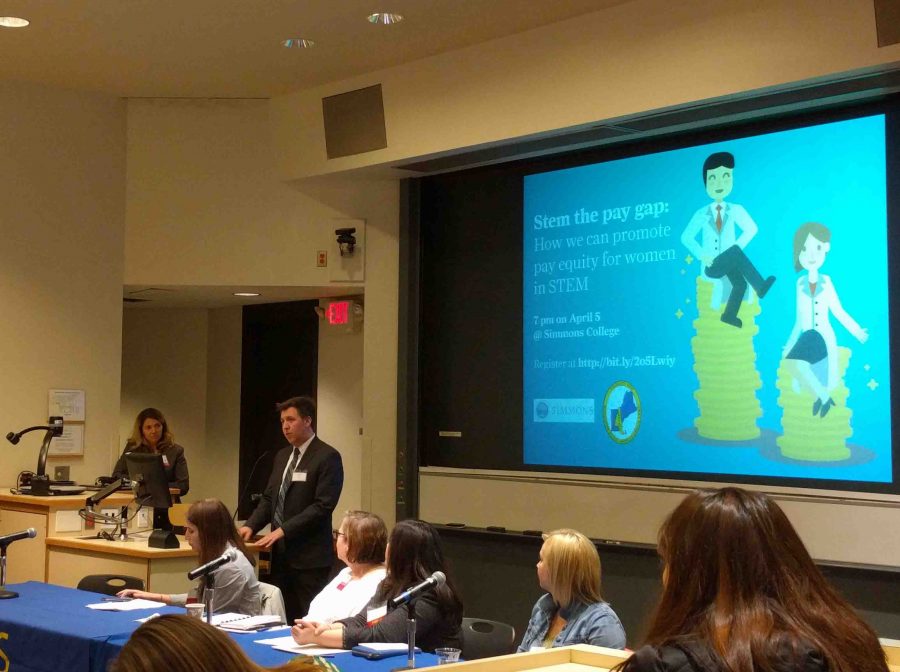By Lauren Chagaris
Contributing Writer
Professor Len Mailloux’s Globalization on a Shoestring virtual study-abroad course has been an eye-opening experience for its students this spring.
The semester kicked off learning about the culture of Ghana, a country in Western Africa. Mailloux caters his class material to what he thinks is current and relevant for his students to be studying.
“I was watching the playoff games in the national football league, and Aaron Rogers of the Green Bay Packers was doing an interview about conflict minerals and the Enough Project. I realized that would be a wonderful topic for this course this semester,” Mailloux said.
He utilized his networking skills to connect with Annie Callaway, a spokesperson for the Enough Project, which works with 150 schools throughout U.S., Canada, and the UK. Based in Washington, D.C., the Enough Project aims to end crimes against humanity; one of its focuses is one stopping the violence surrounding conflict minerals mainly in eastern Congo. Children and adults alike have become slaves, reporting to rebel groups who control the mines. When the minerals from these mines are sold, the rebel groups reap the benefits and therefor are funding their own war.
What most people don’t know is that electronic giants like Nintendo, Canon, Nikon, and HTC may be buying the inexpensive minerals, but are in fact causing a large problem for the people of the Congo.
The Globalization class soon became advocates for the cause and began its own campaign to raise awareness, making Simmons the first campus in Boston to tackle this issue. The class aimed to educate its peers by starting a Facebook group, planting posters around campus, and starting a pledge in order to make people more conscious about buying brands that are conflict-free.
“Consumers unknowingly fund fighting in eastern Congo by purchasing mobile phones, jewelry, computers, and gaming consoles, which contain gold, tin, tantalum, and tungsten that are mined in the Congo,” said one student.
“It is interesting to learn about the issues and become involved, not just in the class but being able to expand it to the campus and even after the class ends to the rest of the community,” Stephanie Pulis said. “It is amazing that with things we use every day, all day long, most people have no idea how we’re directing funding a conflict that has been going on for most of our lifetime. If we start being vocal about this then others with realize the effects as well.”
Mailloux’s students now have a deeper understanding about the communications field and working in a team to create a fluid campaign across all media channels.
“I liked being able to experience working like a media team. It has been flexible and experiential learning. We have used multiple forms of media to get out our message like PSAs, fliers around campus, and social media,” Rachel Corning explained.
“The fact that the war itself is so vast and costly and so few people know about it, and even I didn’t know about conflict minerals. That was completely new to me. It was a new subject for all of us and I felt we could do a little bit to put the word out there and make people more sensitive and socially responsible,” added Mailloux.
The class became educated on the brands that are proactive in this controversy rather than reactive. Intel just released the first computer to go completely conflict-free.
This is a start, but we still have a long ways to go, Lindsey Stokes explained. “We want companies who have not yet taken a stand on this issue to make more responsible choices.”
Mailloux’s class seems to be taking proactive steps to raise awareness, as companies tend to pay attention to the student voices because they have the biggest activist angle.
In recent weeks, the course has turned to focus on Latvia. The students were able to engage with students at the Latvian Agricultural University via Skype to get educated on this small country in the Baltic region of Europe.
The class discussed everyday topics like finding jobs, internships, the economy, popular music, a potential conflict between Latvia and Russia, and more.
To join the class’s multicultural conversations, tune in to Simmons College Radio this month where they will Skype with international students of the university. You can also join Globalization on a Shoestring’s Facebook group and sign the pledge on conflict minerals at facebook.com/chargingchangeincongo.



